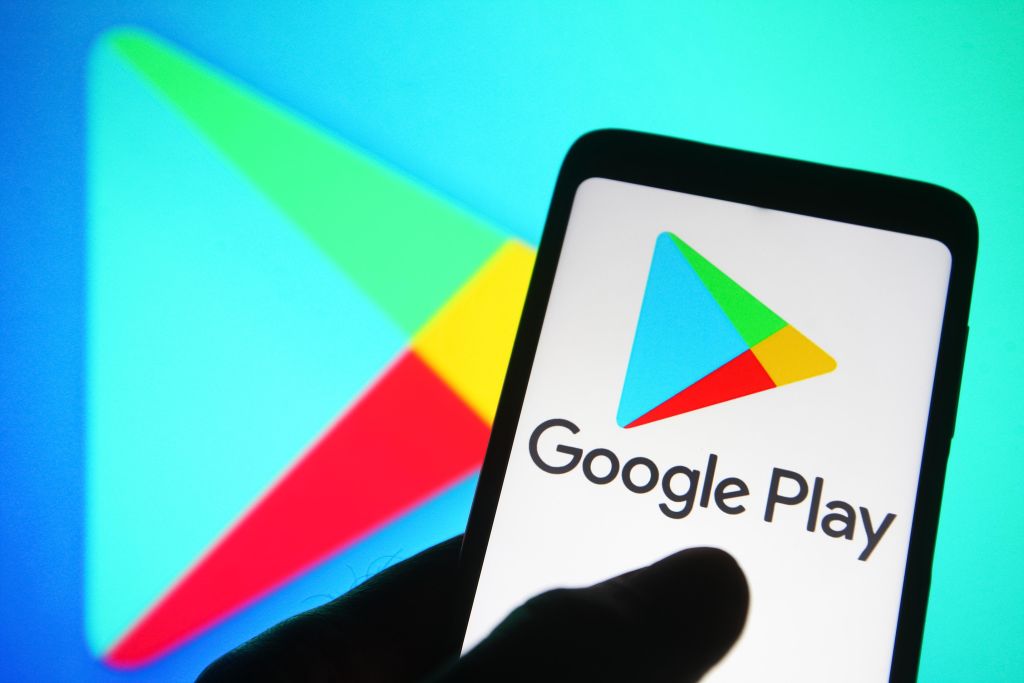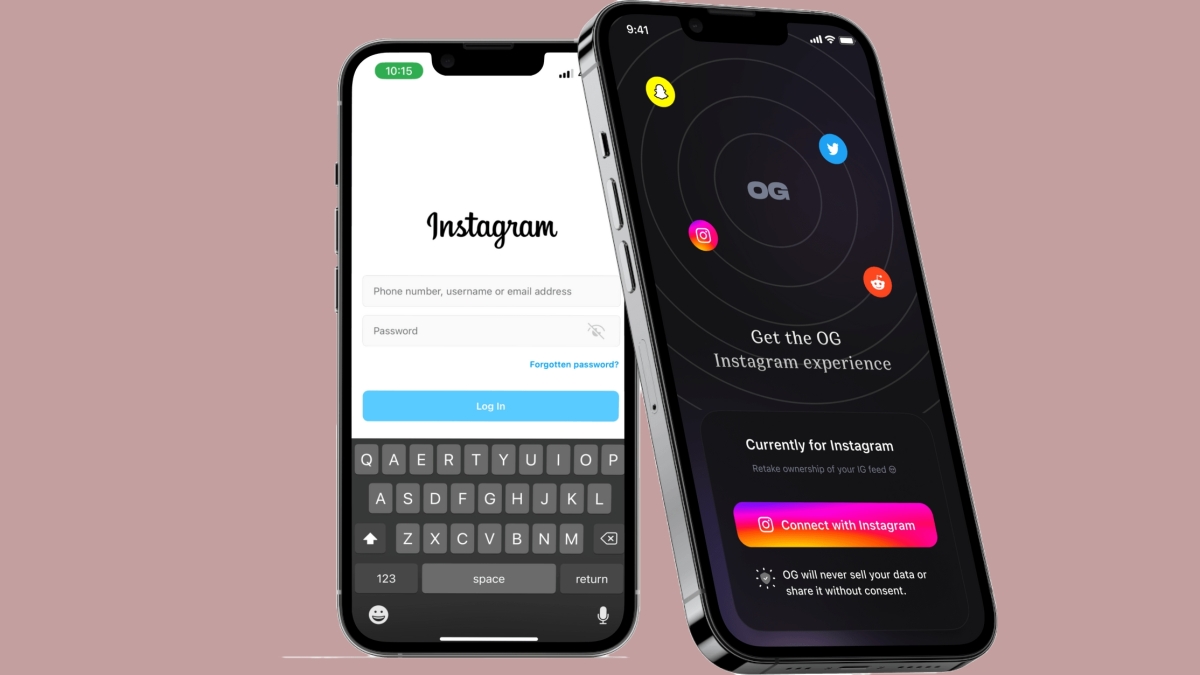Google Play revamp to highlight higher-quality apps, offer new promotional capabilities • ZebethMedia
Google today announced it’s making several changes to the Google Play Store that will impact Android apps’ discoverability, how developers can market their apps to consumers, and various trust and safety concerns. Most importantly, Google is now advising developers that the Play Store will begin to prioritize apps that deliver on both technical and in-app quality by promoting them in more places across the Play Store where they can be discovered by consumers. The changes hint at Google’s intent to take a more editorial eye as to how apps are featured and distributed on the Play Store. That’s an area that’s typically been a heavier focus for Apple in prior years — especially following its own App Store revamp in 2017, which saw it separating games and apps into their own tabs and the introduction of editorial content, including articles and tips, on the store’s main page. The Play Store isn’t going quite that far, however. Instead, Google says it will now begin to steer consumers away from lower-quality apps by changing how it determines which apps will be made more visible on the platform. Specifically, it’s implementing new quality thresholds that will exclude apps that exceed certain crash rates and “app not responsive” (ANR) rates, both on an overall and per-phone model basis. Google says the apps that don’t meet these thresholds will be excluded from some areas of the Play Store, including recommendations, while others may even include a warning on their store listing to set appropriate user expectations. Image Credits: Google Beyond technical quality, Play Store editors will also look at a range of factors, like whether or not the app or game has a polished design, if the content keeps users engaged, if the onboarding process is clear, if the ads are well-integrated, if the app is accessible, and if the navigation, controls and menus are easy to use, among other things. They’ll also check to see if the app meets Android’s quality guidelines and best practices, detailed on the Android Developers website. In addition, the company will roll out to developers new promotional content formats and a new type of Custom Store Listing designed to help place apps in front of more users. In the case of the former, developers will be able to leverage LiveOps — the special merchandising units for promoting apps on the Play Store. Today, these are used to promote discounts and offers, major app updates, in-app events, pre-registration announcements, and more. Apple has a similar feature, launched last year. The sorts of marketing units give app stores a more real-time feel as they can market on reasons to download and launch apps now, instead of just serving as a general promotion. Image Credits: Google Google notes that developers using LiveOps have seen a 3.6% increase in revenue and 5.1% increase in 28-day daily active users versus similar titles that don’t take advantage of the offering. Now, it will rename LiveOps to “Promotional Content” to reflect longer-term plans to expand the feature to support new content types — including those which will see the promotional units appearing more deeply integrated within the Play Store across users’ homepages, in search and discovery areas, in title listings, and directly in apps via deeplinks. Developers will also soon be able to create a new type of listing that will allow them to specifically target churned users (people who tried the app or game, then abandoned it). This “Churned-user Custom Store Listings” format, which will roll out closer to year-end, will be able to display a specific message designed to re-acquire prior users. Two other changes are focused on app safety and protecting developers — and the consumers downloading their apps — from coordinated attacks. Google will update the Play Integrity API, which helps protect against risky and fraudulent traffic, with more features. Developers will be able to customize API responses, set up tests in the Play Console, and use new reporting to analyze their API responses. They’ll also be able to debug API responses from the Play Store app’s developer settings on any device. Plus, Google says it’s launching a new program designed to address coordinated attacks on app ratings and reviews. The company didn’t offer much information on how this program would work, but it would give developers a way to fight back if their app was being unfairly targeted with fake reviews either by users or their competitors, presumably. This is an area of concern that recently made the news, in fact, when a top-ranked new social app, Gas, suddenly became the target of a hoax that claimed it was being used for human trafficking, leading users to delete their accounts. The changes follow earlier updates to the Play Store designed to help consumers better discover non-smartphone apps that run on their smartwatches, TV, or tablets. Earlier this year, Google also warned developers it would hide and block downloads for outdated apps. Google alerted developers they must now, as of Nov. 1, 2022, target API level 30 (Android 11) or above if they want their app to be discoverable on the play Store by new users running newer versions of the Android OS.

